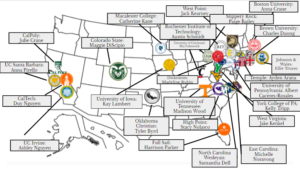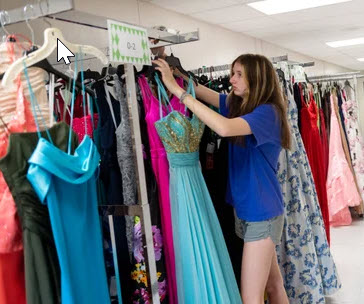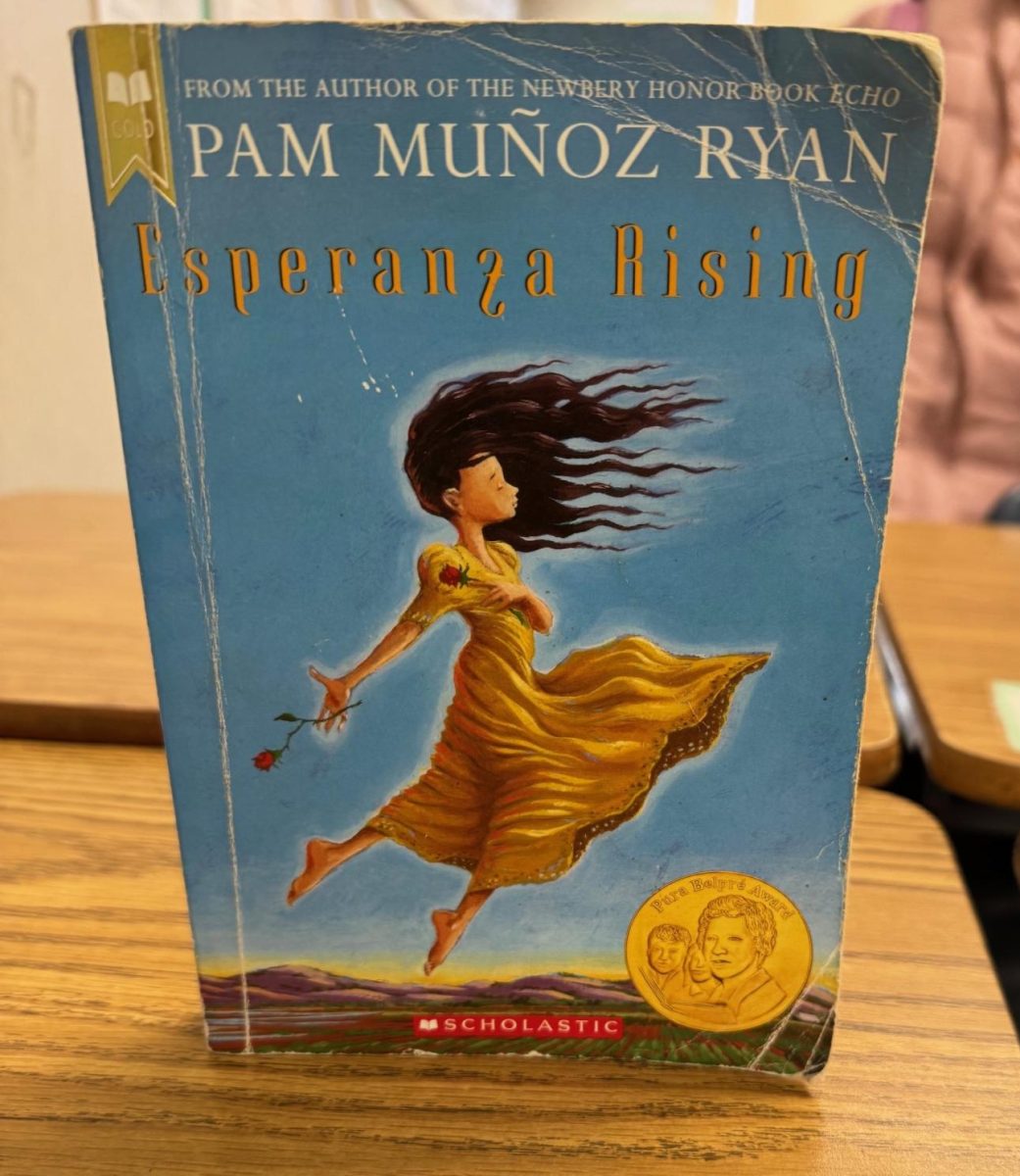Teaching a Torn America
Cutting Through Contention with Conversation
December 4, 2020
The question comes at the end of AP Government class, dominating the Google Meet screen: “The electoral college—what are our thoughts?” Behind their computers, students’ eyes light up as they type their opinions in chat or opine over their microphones. Arguments fly left and right, but the conversation never becomes overly hostile.
Contrast that restraint with the vicious discourse typical to Twitter or Facebook, where disagreements often lead to fierce personal attacks or threats. Even during a contentious election year, students are having productive in-class discussions about controversial issues like gerrymandering and gun rights—without the name-calling. “Disagreement happens in almost every single class,” said 7-year AP government teacher Jordan Hales. “But generally [it’s] respectful disagreement … most students know the rules of engagement when it comes to debating.”
The line between acceptable and unacceptable dialogue is laid out by FCPS policy prohibiting speech that is obscene or prevents the normal conduct of classes. And teachers sometimes have to enforce these boundaries of tolerable discussion. “When I feel like it’s getting heated, I’ll normally step in and try to get the conversation to slow down, to stop where it’s at,” said Ms. Hales. “If it seems to be centered around one or two students, I’ve talked to those students independently. And a lot of the time those students say ‘I had no idea I was coming off that way. I didn’t mean to hurt anybody’s feelings.’”
Many students express appreciation for their teachers’ efforts to cultivate safe, open spaces for expression. “[Our government teachers] try to frame difficult and controversial conversations with respect to both sides,” said Nolan Coughlin (12). “They offer the opportunity for students to take a step out of their perspective and look at the issue from a broader, more civic view.”
And at a time when our country faces such bitter divisions, some point to the real-world applications of having sometimes-difficult conversations. “It’s important to learn how to express your opinion in a way that is constructive,” said Social Studies Administrator Kristi Layman. “[Respectful] disagreements give us all a chance to learn more about the other side of an issue and to reflect on our ‘why’ for the opinions that we have.”




